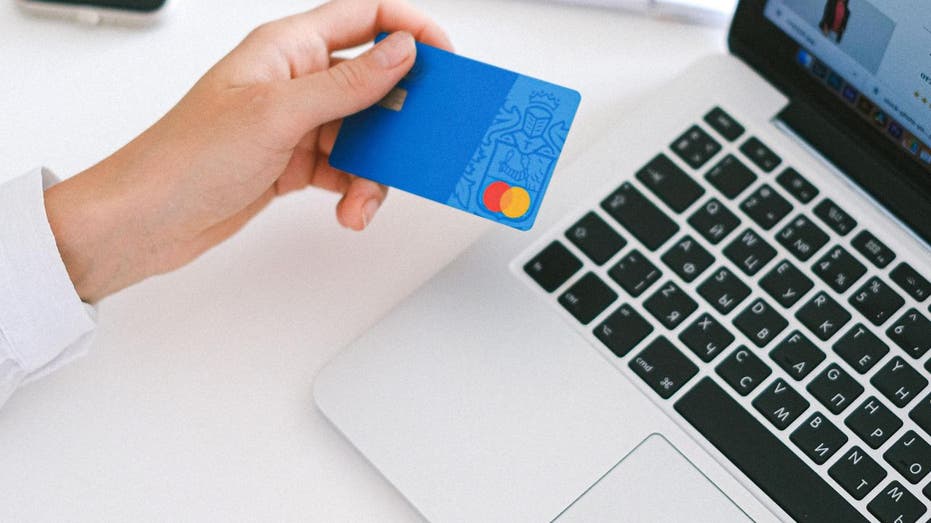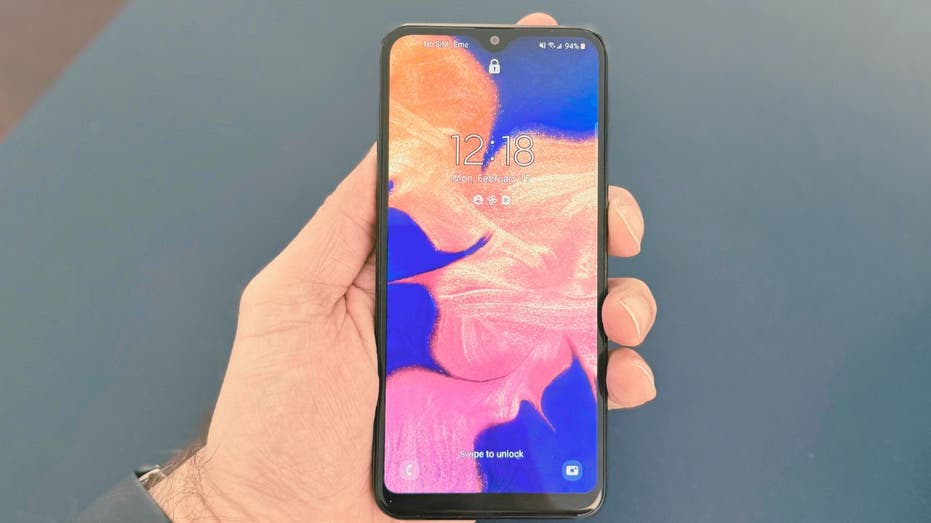- by foxnews
- 06 Apr 2025
Cheap Black Friday deals cost to your privacy
As Black Friday approaches, you should know that retailers often sell consumers' personal information and purchase histories to third parties.
- by foxnews
- 24 Nov 2024
- in technology

It's the perfect time to pick up holiday gifts for your family and treat yourself to that pricey watch you wouldn't splurge on otherwise.
The deals are enticing, but there are dangers lurking beneath the surface.
Particularly when it comes to online shopping, we give up personal data with every purchase. Information such as your email address, name and address is necessary to create an account or receive a delivery. And that's fine as long as it's used for these purposes only.
Arguably, this happens all the time, Black Friday or not. But with all the marketing strategies pushing us to buy quickly and buy more, we're just less likely to pay attention.
After the shopping extravaganza of Black Friday, your inbox and phone may experience their own dark moments. A surge in spam is widely reported during the month of November. This unwanted communication can come from several sources.
First, from the online shops where you've left your email and phone number. Second, from all the companies that received your consumer profile, the ones listed (or not) in the fine print of the privacy policy. Third, from all the retailers you bought from in the past, including that one-time purchase of a kettlebell set three years ago (that you'd rather forget).
But that's not all; Black Friday is a fiesta for hackers, too, and the perfect time for social engineering attacks! The urgency and excitement of Black Friday deals encourage you to let your guard down. You're likelier to click on links or open attachments without checking the source. And less likely to notice that a phishing email pretending to be sent by a big retailer has sneaked into your inbox. Your data is being collected, shared and sold as you read this article.
Reading privacy policies every time you buy something isn't realistic. If you're ambitious, use the search function (Ctrl+F or Command+F) to find terms like "opt out," "unsubscribe" or "do not sell" to quickly locate sections where you can limit data sharing. Depending on where you live, these options may simply not be available to you.
As the dust settles from the shopping rush, it's crucial to be proactive; here are eight essential tips to help you protect your email and personal information from the surge of spam and scams that often follow.
3. Avoid opening attachments or clicking on links from emails unless you are sure they are from a trusted source. Scammers or hackers can easily change the name of the sender to make it look like it came from a legitimate organization such as Amazon or an individual. But if you click the email header, you will see the sender's actual email address. By pretending to be a reputable organization, the crooks send urgent messages to make you click on links, reply or provide personal information in an attempt to fix a problem or claim a reward. If you click on a malicious link, then a scammer may be able to access your email and other personal data.
4. Have strong antivirus software on all your devices: The best way to protect yourself from having your data breached is to have antivirus protection installed on all your devices. Having good antivirus software actively running on your devices will alert you of any malware in your system, warn you against clicking on any malicious links in phishing emails, and ultimately protect you from being hacked.
5. Go directly to the official site where you have any accounts, such as your financial institution, to check if any changes or charges were made instead of clicking links in the email you received or responding to the email. This way, you can avoid falling for phishing scams and keep your account secure.
6. Limit the number of accounts or profiles you create with your personal email account.
If a scammer gets hold of your email address, they can use it to access your other accounts, send phishing emails to trick you into revealing your passwords or personal details, or even impersonate you to commit fraud or other crimes. This is why it is important to protect your email address from falling into the wrong hands and to act quickly if you suspect that it has been compromised. Below are some next steps if you find you or your loved one is a victim of identity theft.
2. Look through bank statements and checking account transactions to see where outlier activity started.
4. Report any breaches to official government agencies like the Federal Communications Commission.
5. You may wish to get the professional advice of a lawyer before speaking to law enforcement, especially when you are dealing with criminal identity theft, and if being a victim of criminal identity theft leaves you unable to secure employment or housing.
6. Alert all three major credit bureaus and possibly place a fraud alert on your credit report.
7. Run your own background check or request a copy of one if that is how you discovered your information has been used by a criminal.
If you are a victim of identity theft, the most important thing to do is to take immediate action to mitigate the damage and prevent further harm.
Navigating the world of online shopping during Black Friday can be a thrilling yet daunting experience. While the discounts are enticing, they often come with hidden costs - namely, your personal data. As you prepare your shopping list, consider utilizing tools to safeguard your information. These resources can help you maintain your privacy while enjoying the benefits of online shopping. Also, remember that post-Black Friday, you may find yourself inundated with spam and unwanted communications from retailers and third parties. Taking proactive steps now can save you from future headaches.
Follow Kurt on his social channels:
Answers to the most-asked CyberGuy questions:
New from Kurt:
Copyright 2024 CyberGuy.com. All rights reserved.
- by foxnews
- descember 09, 2016
Viral photo of McDonald's PlayPlace prompts superfan to reveal fast-food chain's stray from nostalgia
McDonald's superfan shares the standout PlayPlaces he has seen after a viral photo showed a "heartbreaking" McDonald's PlayPlace in Franklin, Tennessee.
read more





